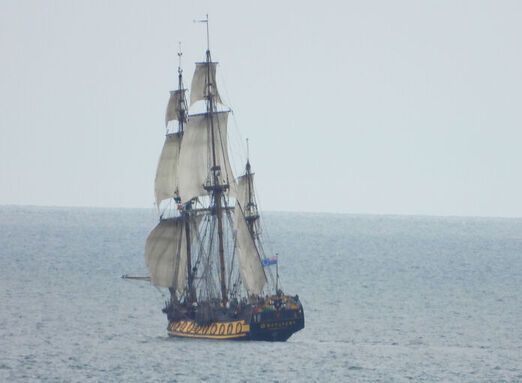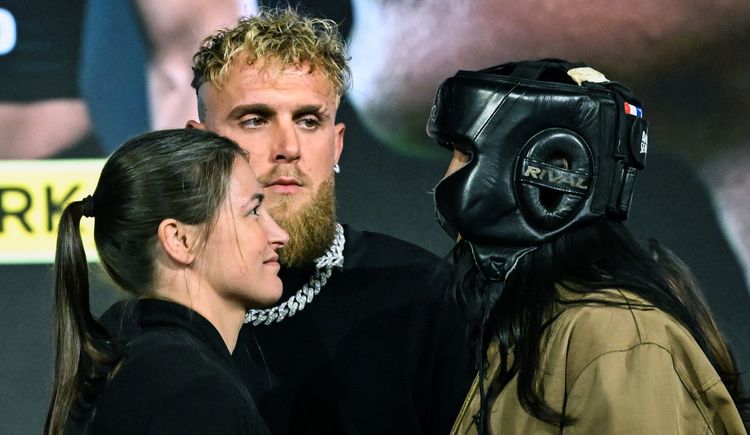[caption id="attachment_68419" align="aligncenter" width="600" caption="Brazil’s captain Sócrates during the 1986 World Cup."]
The recent death of Socrates had an entire generation of Irishmen getting all wistful and misty-eyed, remembering the magical summer of Espana ’82, recalling Texaco soccer balls, Panini sticker albums and the bearded leader of the ill-fated boys from Brazil. Again and again, we clicked on the YouTube footage of Socrates’ goal against the USSR and were transported back to boyhood. The memories of that gilded age remain so fond because it was a time when, unlike Kaka, Robinho and a whole host of the current crop emanating from that country, not every Samba footballer back then was ridiculously overhyped by a breathless media.
The saddest thing about Socrates’ demise was the inevitability of it. This was not unexpected because he’d been sick for a while, liver problems and other issues, the knock-on effects of a lifetime of abusing drink. Worse again, he was merely the latest Brazilian icon to battle with the bottle. Whether it’s the legendary Garrincha succumbing to Cirrhosis of the liver at 49 or Adriano drinking away his career at Inter Milan, long and illustrious is the list of Brazilians whose lives and/or careers have been adversely affected by alcohol.
“Some clubs, such as São Paulo, have incorporated education about alcohol and drug abuse into their youth programmes, but club officials admit there is limited tolerance,” wrote Robert Shaw in When Saturday Comes earlier this year. “Repetition can lead to the exit for young players. But more education in this area might help young footballers in a culture where the cervejinha (little beer) is the frequent accompaniment to kickaround games. The government’s strict Lei seca (dry law) introduced in 2008, only deals with drink driving – and celebrities, including footballers, often exercise their constitutional right to refuse a breathalyser test.”
It’s a mighty, long way from Sao Paulo to Tourmakeady but this past week the distance between the Mayo Gaeltacht and the South American city was shortened. Different countries, different sports but the same problems. Just days after reading the tributes to Socrates, we happened upon the story of the Tourmakeady club bringing a motion to the county convention about alcohol sponsorship. Concerned at the way constant promotion of beer companies and bars is creating future generations of heavy drinkers, they took a stand.
Last Monday night week, Tourmakeady were successful in getting fellow delegates to approve their call for alcohol-related brand names and logos to be removed from all merchandise for kids and for companies involved in supplying drink to be banned from sponsoring competitions for all groups from Under-21 downwards.
“We should learn from the policy of the French where no sponsorship from alcohol companies is allowed, particularly on the jerseys worn by players and visiting teams have to remove such advertising,” said Dr. Mick Loftus, former President of the GAA and veteran campaigner against alcohol-related sponsorship.
Whether or not the motion gets passed at Congress next year, the important thing here is that this is more evidence some within the GAA are willing to do something about the national drink problem. As the largest sporting organisation in the country, this is only fitting. Of course, as Loftus and others point out, the continued involvement of Guinness in the hurling championship is regrettable even if it’s probably a commercial necessity at this point in the recession.
In any case, Tourmakeady’s attempted great leap forward came just weeks after the GAA launched its “Off the Booze and On the Ball” initiative. Another laudable scheme, it’s designed to get players to give up the drink for January and to use this time to get fitter and to raise money for their clubs. It remains to be seen if the rank and file buy into the plan but here’s hoping that they do. Anything that chisels away at the drinking culture should be supported and wished well because there’s a lesson here.
The greatness of the likes of Socrates and George Best and Paul Gascoigne is that they were geniuses who were able to play at the highest level despite their drink problems. Exceptions that proved the rule. You can walk into any GAA club in Ireland and you will hear stories of talented youngsters who never fulfilled their promise because they grew too fond of the sauce. We all know these tales. We can recite them by heart. Whenever supporters gather and start reminiscing about great minor teams of bygone eras, there is always, inevitably and sadly, the sure thing who never made the jump to the next level because he drank his potential away.
That’s why this kind of thing is important. That’s what’s at stake here. Tourmakeady may not be thanked by clubs already battling to find sponsors willing to invest in gear and events but this is about more than short-term financial gain. This is about the long-term future of the games and, indeed, of the country itself.
“It has been frequently represented to me…that the consumption of ardent spirits and other exciting drinks is greatly on the increase amongst the young men who are either competing members of the Gaelic Athletic Association or who come from a distance to witness their games. Unfortunately, I believe there can be no question as to the fact….Hence, I would respectfully suggest that it be ruled somewhat as follows: First, that the sale of porter and ale, and of course of all alcoholic drinks, be strictly prohibited on and, as far as possible, even near the field in which athletic sports are held.
“Secondly, that in selecting the locality for such sports, the immediate neighborhood of public-houses be specially avoided. Thirdly, that no prizes be henceforth accepted from publicans, at least when there is good reason to believe, as there nearly always is, that they have offered them solely, or chiefly, with a view of attracting customers to their shops.”
That was written by T.W. Croke, Archbishop of Cashel and first patron of the GAA back in January 1888. The more things change the more they stay the same.









